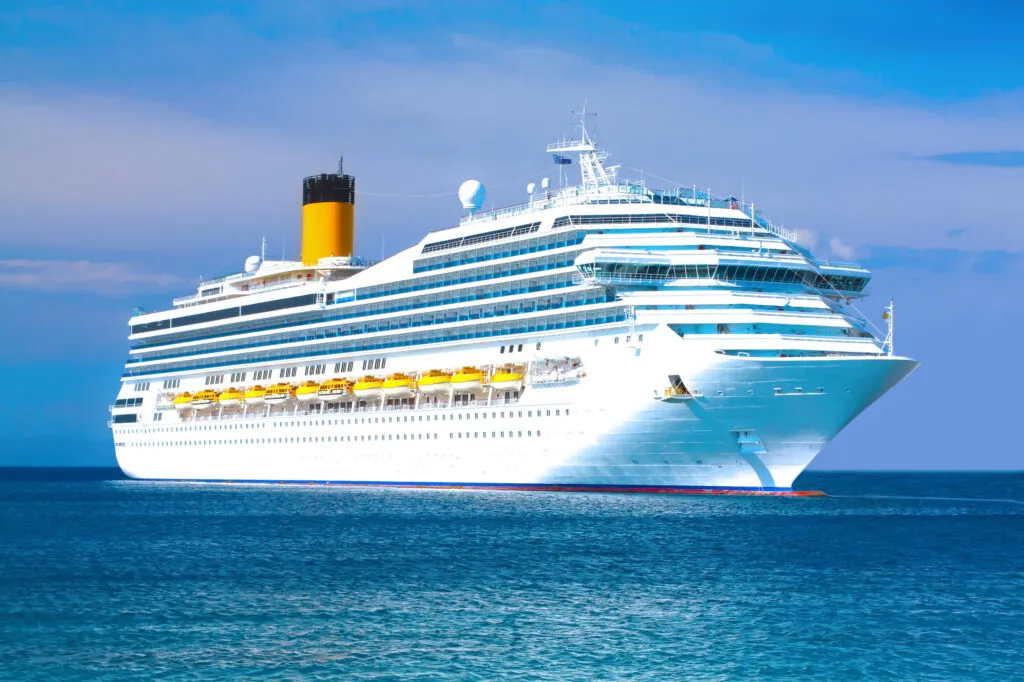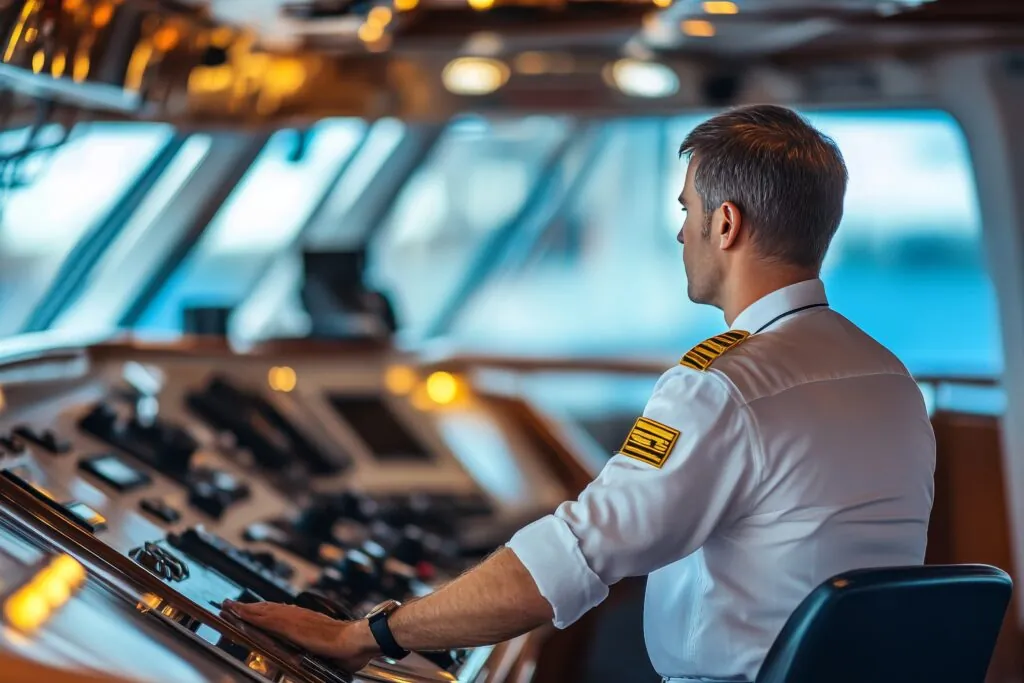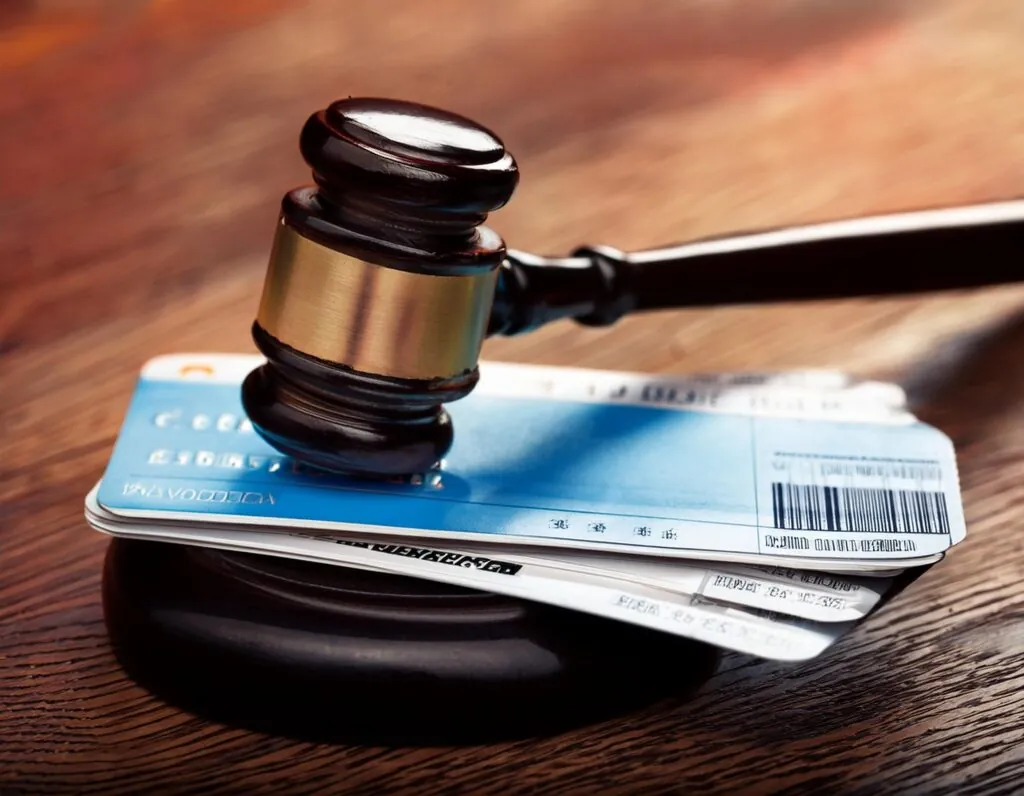Cruises are a popular vacation choice for many people, offering a mix of relaxation, luxury, and adventure. However, like any activity involving travel and entertainment, risks are part of the equation. Before setting sail, passengers are often required to sign a liability waiver, which can seem intimidating. These waivers are designed to limit the cruise line‘s liability for injuries or accidents. But how much protection do these waivers offer the cruise line? More importantly, what rights do passengers still have if something goes wrong? This article provides an in-depth look at how liability waivers work, when they may not hold up in court, and how passengers can protect their rights in the event of an injury or accident.
What is a Cruise Liability Waiver?
A cruise liability waiver is a legal document that passengers must often sign before boarding the ship. The purpose of the waiver is to protect the cruise company from certain types of legal claims, such as those arising from accidents or injuries sustained during the trip.
The Purpose of Liability Waivers
Liability waivers are standard in the travel industry, and cruises are no exception. By signing a waiver, passengers agree to assume certain risks inherent to the trip, which can range from minor accidents to injuries during onboard activities or excursions. These waivers are designed to protect the cruise company from lawsuits by limiting their liability.
For example, if a passenger trips and falls on deck due to rough seas, the cruise line may point to the waiver as a defense against a lawsuit. However, there are limits to what these waivers can protect against, particularly if the injury is caused by gross negligence or a failure to meet safety standards.
Common Clauses in Cruise Waivers
Most liability waivers include standard clauses covering:
- Personal Injuries: Passengers agree not to hold the cruise line liable for injuries sustained during normal cruise activities or due to unpredictable circumstances.
- Excursions: Waivers often extend to activities and excursions offered by third-party providers, even when booked through the cruise line.
- Property Damage: Passengers may waive the right to claim compensation for lost or damaged belongings during the trip.
While these clauses are common, they are not always enforceable, especially if the cruise line fails to uphold its duty of care.
Are Cruise Liability Waivers Enforceable?
The enforceability of a cruise liability waiver is a complex legal matter. Although waivers are intended to limit the cruise line’s liability, they are not absolute. Courts consider a variety of factors when determining whether a waiver is enforceable.
Key Factors in Waiver Enforceability
Several factors influence whether a liability waiver will hold up in court:
- Jurisdictional Laws: Most cruise waivers specify the jurisdiction where disputes must be resolved, such as Florida or specific maritime courts. These jurisdictions have unique rules governing waiver enforceability.
- Clarity and Language: Waivers must be clear and unambiguous. Courts may invalidate waivers with vague or overly broad language that passengers might not fully understand.
- Public Policy: Courts often strike down waivers that attempt to shield the cruise line from liability for gross negligence, fraud, or misconduct. Such waivers are considered to violate public policy.
Legal Precedents Impacting Waiver Cases
Legal precedents play a significant role in determining the enforceability of cruise waivers. For instance, courts have ruled against cruise lines in cases where passengers were injured due to unsafe conditions, such as wet floors without warning signs or poorly maintained facilities. These rulings reinforce the idea that waivers do not absolve cruise lines of their duty to provide a safe environment.
When Can Passengers Sue Despite Signing a Waiver?
Signing a liability waiver doesn’t mean passengers forfeit all their rights. There are specific circumstances where passengers may still have a strong legal case.
Negligence and Gross Misconduct
Cruise lines have a duty of care to ensure the safety of their passengers. If they fail to meet this duty, resulting in an injury, they may be held liable even if a waiver was signed. Negligence can include:
- Failure to maintain safe conditions, such as repairing damaged equipment or addressing slippery floors.
- Inadequate safety warnings, such as failing to notify passengers of potential hazards during activities.
- Poor emergency response protocols, such as a lack of trained medical personnel or functioning safety equipment.
Gross misconduct, such as knowingly disregarding safety regulations, further weakens the validity of liability waivers. Courts are particularly unforgiving when cruise lines engage in reckless or intentional behavior that endangers passengers.
Cruise Line Duty of Care
The duty of care owed by a cruise line extends to all aspects of the passenger experience. This includes onboard amenities, excursions, and transportation to and from destinations. When cruise lines fail to meet this duty, waivers often lose their enforceability, especially in cases where injuries are linked to preventable hazards.
Exceptions to Liability Waivers: Understanding Your Rights
While waivers are designed to limit the cruise line’s exposure to lawsuits, passengers still have rights. Certain exceptions can render waivers unenforceable.
Fraud and Misrepresentation
If a cruise line misrepresents the risks of an activity or conceals known hazards, passengers may argue that the waiver is invalid. For example, if the cruise line markets an excursion as safe but fails to disclose known dangers, they could be held accountable for injuries.
Hidden Dangers and Undisclosed Risks
Courts often side with passengers in cases involving hidden dangers. For instance, if an injury occurs due to an unmarked step or a hidden tripping hazard, the cruise line may be found negligent for failing to warn passengers or address the risk.
Steps to Take After a Cruise Ship Injury
If you’ve been injured on a cruise, it’s important to act quickly to protect your rights. Taking the following steps can strengthen your case:
- Document the Incident
Gather as much evidence as possible, including:
- Photos or videos of the scene.
- Witness statements from other passengers or crew.
- Notes on the time, date, and circumstances of the incident.
- Report the Incident
Notify the cruise staff immediately and request that they file an official report. Make sure to obtain a copy for your own records.
- Seek Medical Attention
Even if your injury seems minor, seek medical attention onboard or after disembarking. Medical records serve as crucial evidence in legal claims.
- Consult a Maritime Lawyer
Cruise injury claims fall under maritime law, which is a specialized area of legal practice. An experienced maritime lawyer can help you determine whether you have a case and guide you through the legal process.
Frequently Asked Questions (FAQs)
Can I sue if I signed a cruise waiver?
Yes, you may still have the right to sue even if you signed a liability waiver. Courts often assess whether the waiver is legally enforceable. If the cruise line was negligent, engaged in gross misconduct, or failed to provide a reasonably safe environment, the waiver may not protect them from liability.
What happens if the cruise line was negligent?
If negligence can be proven, the waiver may not hold up in court. Cruise lines have a duty of care to ensure passenger safety, and failing to meet that obligation can result in liability. Examples of negligence include unsafe conditions on the ship, lack of proper safety warnings, or inadequate medical care.
Are waivers enforceable for injuries during excursions?
Waivers often attempt to cover injuries sustained during third-party excursions booked through the cruise line. However, if the cruise line misrepresented the safety of the excursion or failed to adequately vet the third-party provider, they could still be held liable for resulting injuries.
How do courts determine the enforceability of a waiver?
Courts consider several factors when determining whether a waiver is enforceable. These include the clarity of the waiver’s language, whether the waiver includes unlawful or overly broad terms, and whether the cruise line attempted to waive liability for gross negligence or intentional misconduct. Public policy and jurisdictional laws also play a role in these decisions.
What steps should I take after an injury on a cruise?
After an injury, it’s important to act quickly. Document the incident thoroughly, report it to the cruise staff, and seek medical attention. Consulting a maritime lawyer as soon as possible is also essential to ensure your rights are protected and that you understand your legal options.
Contact The Cruise Injury Law Firm Today
Cruise liability waivers are not always enforceable, particularly in cases of negligence or misconduct. If you’ve been injured on a cruise, understanding your rights is critical. Don’t let a waiver prevent you from seeking justice. Contact The Cruise Injury Law Firm today to discuss your case and learn more about your legal options.
With the right knowledge and legal support, you can take action to hold cruise lines accountable and secure the compensation you deserve.




